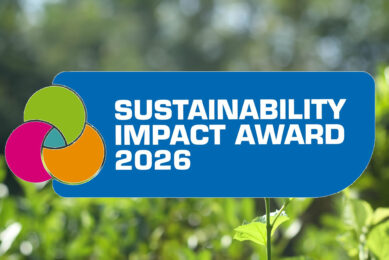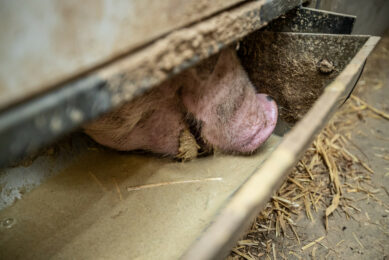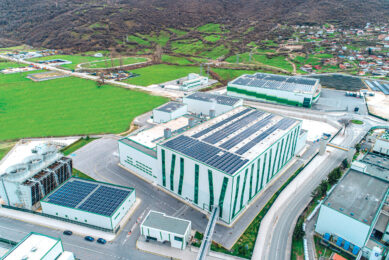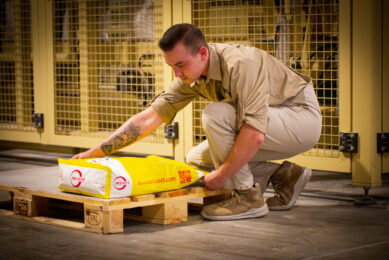Shared goal

Sustainability and animal welfare have seen a remarkable transition from niche concerns to mainstream priorities. This shift definitely reflects the broader cultural awareness of environmental issues such as reducing carbon footprints in the livestock industry, promoting renewable and sustainable resources.
SUSTAINABILITY & WELFARE SPECIAL 2024 – read all articles
Consumers want transparency in the supply chain in order to make informed decisions. This is also in par with consumers prioritising animal welfare in their purchasing choices. They are more conscientious about the ethical implications of their decisions.
The livestock industry is increasingly and constantly adapting to this in many ways. Agricultural holdings are enhancing practices within their farms by implementing higher welfare standards such as reducing the use of antibiotics and using smart technology to monitor the animals. Many agri- companies are coming up with innovative ways to help the industry too, exhibited at this year’s edition of the Eurotier you will come across many innovations that reflect the move towards the shared goal – balancing sustainability and animal welfare. You will see everything from using feed additives that can lead to higher milk yields in dairy to various technologies that can reduce ammonia emissions in barns. All these efforts show that the livestock industry is understanding and acknowledging that they need to be responsible and align with consumer demand and regulatory pressures.
This special covers all of the above topics and more. You will find articles that will discuss sustainable and efficient feed, using insects as alternative protein sources to monitoring welfare using by using modern technology. Enjoy reading this special.






